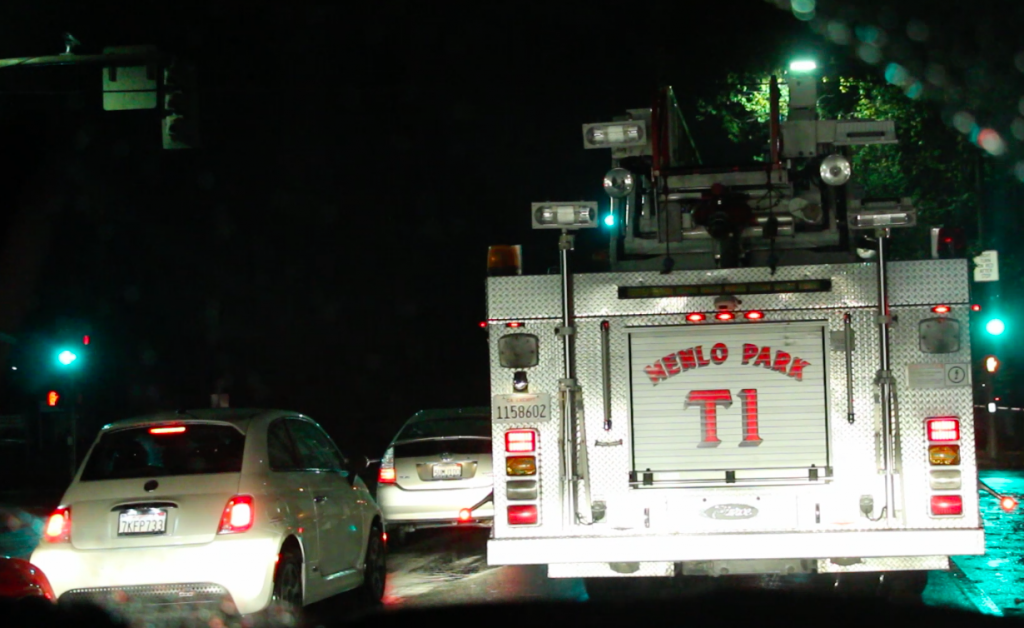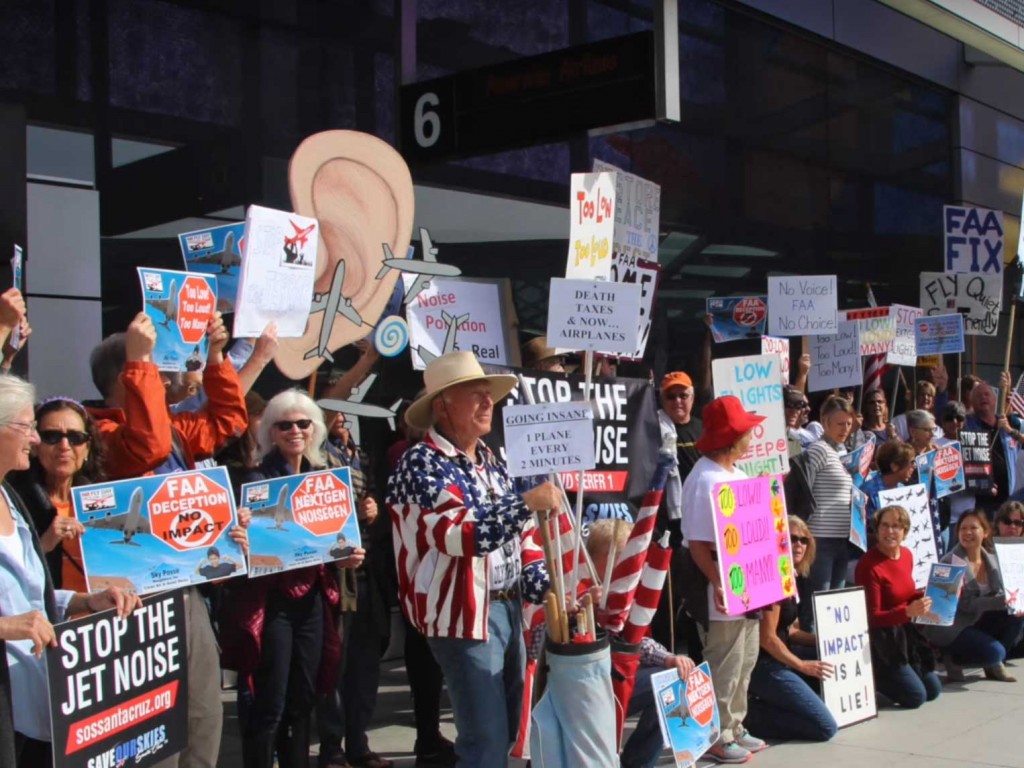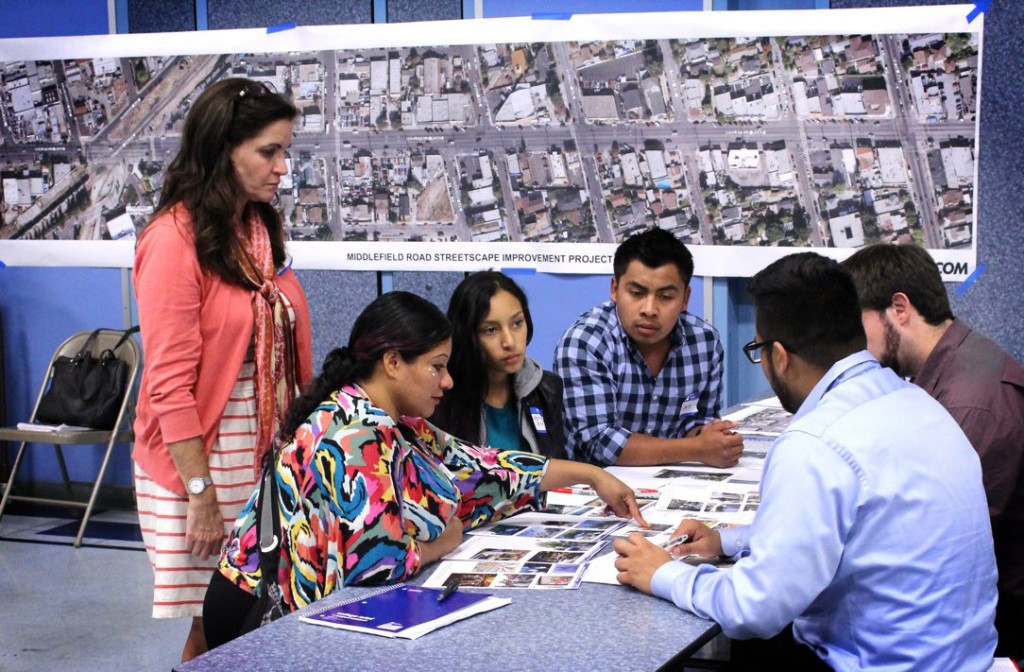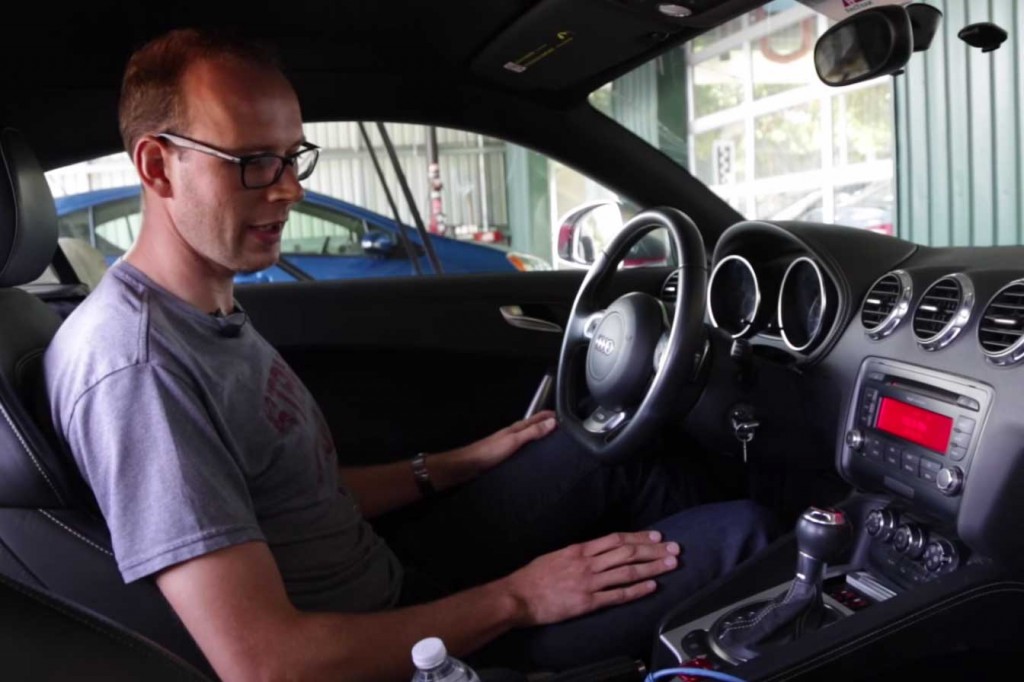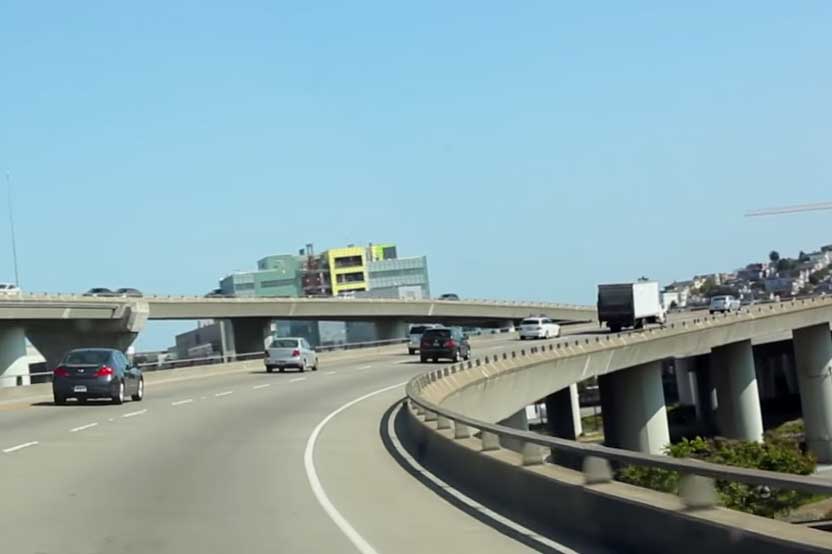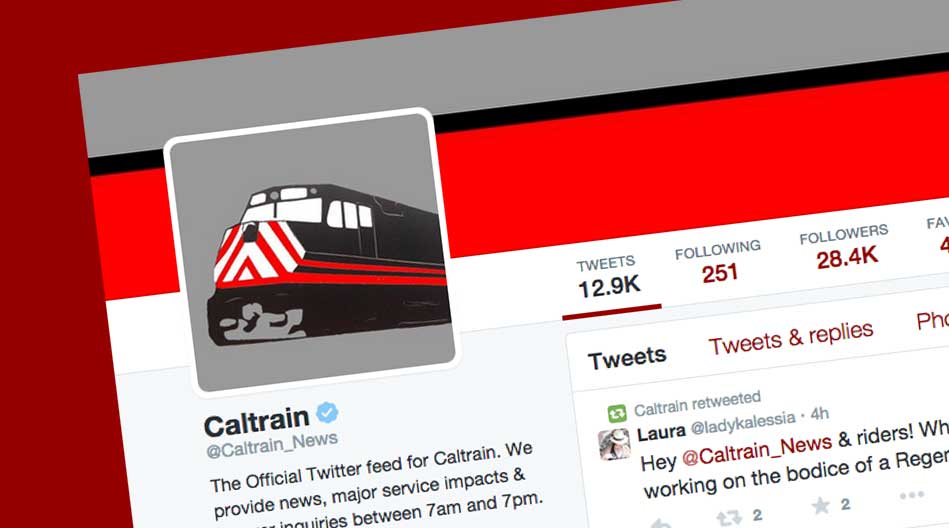Menlo Park emergency response times slow amid traffic gridlock
Response time for San Mateo County’s emergency personnel arriving to serious incidents has slowed in recent years, largely because of inescapable traffic.
Menlo Park emergency response times slow amid traffic gridlock Read More »

